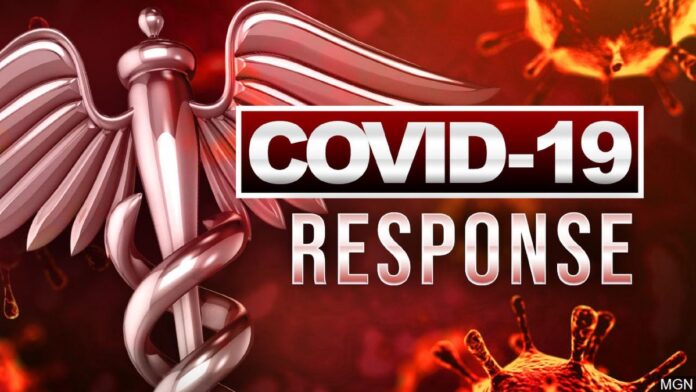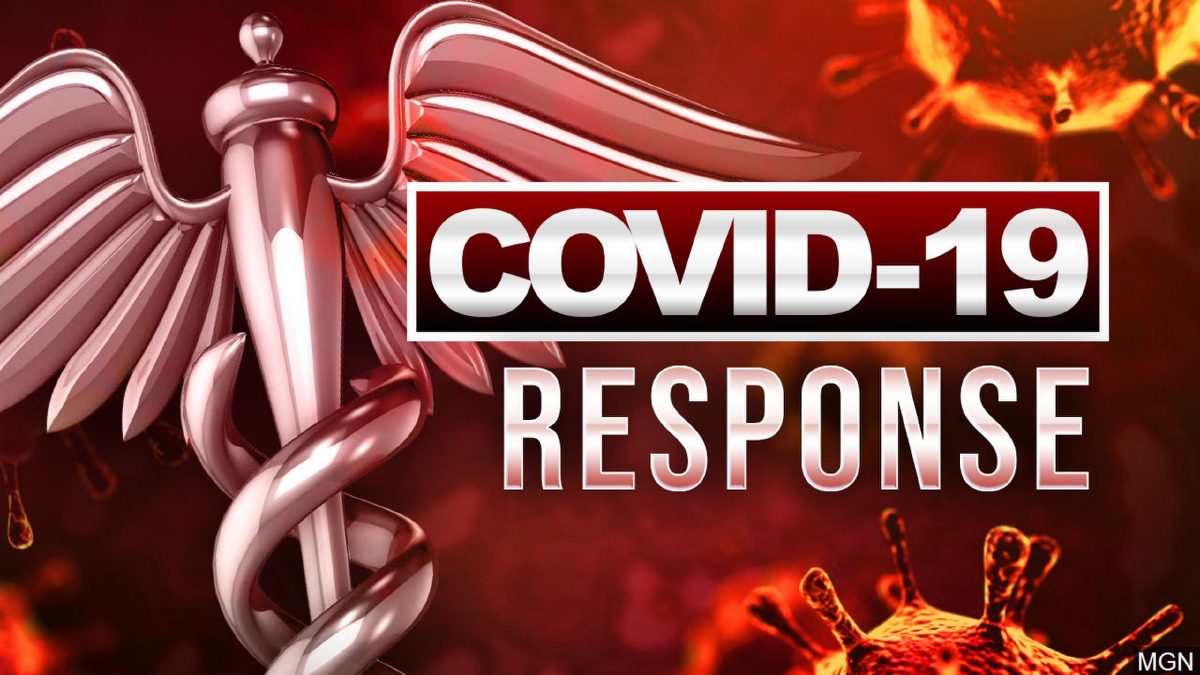When President Donald Trump signed off on the $2 trillion CARES Act recovery package to help the nation weather the coronavirus-caused economic downturn, the largest stimulus package in history was on its way.
Part of the money allocated in that measure is coming directly to most Americans. Here are some questions and answers about what to expect.
Q: Who qualifies for this money?
A: If you filed tax returns in 2018 or 2019 or received Social Security or veterans’ benefits during that time, you’re most likely in.
Q: When do I get my check?
A: Treasury Secretary Steve Mnuchin said at the time of the bill’s signing that checks would begin to arrive in three weeks, so the middle of April or thereabouts.
Q: Will it come in the mail?
A: Not necessarily. If you did your taxes this year and are receiving a refund, and you gave the IRS a checking or savings account number for direct deposit, that’s where your money will be flowing. You don’t have to do anything. If you didn’t set up a direct deposit account with the IRS, it will arrive in your mailbox.
Q: How much am I going to get?
A: Under the legislation, most individuals will be receiving $1,200, with $2,400 for most married couples filing jointly, with an extra $500 for each qualifying child under the age of 17.
Q: What if I make too much money to receive the COVID-19 stimulus? Is there a cut-off income level?
A: Nice problem to have. Stimulus checks are going out only to taxpayers with a gross adjusted income of under $75,000 or $150,000 for married couples who file jointly. For filers with income above those amounts, the payment is reduced by $5 for each $100 above the $75,000/$150,000 thresholds. Single filers with income exceeding $99,000 and $198,000 for joint filers with no children are not eligible.
Q: I don’t usually file a tax return because for me it’s not required. Am I out of luck?
A: Not at all. People who typically do not file a tax return will need to file a simple tax return to receive an economic impact payment. This can include low-income families, senior citizens, Social Security recipients, some veterans and individuals with disabilities who are otherwise not required to file a return.
Q: There’s got to be a catch. They take a big chunk out of this check for taxes, right?
A: Nope. The money is a one-time tax credit and thus is not regarded as taxable income, so the IRS doesn’t take its usual bite.
Q: Where can I get more information?
A: The IRS will post key information on its website at IRS.gov/coronavirus as soon as it becomes available.






